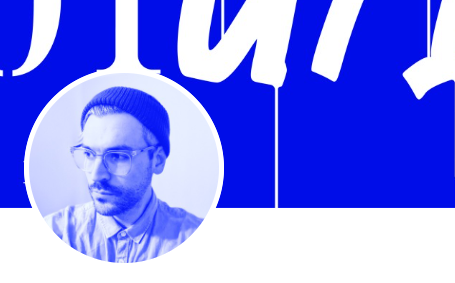Product of the week

As many writers, designers, and other creatives harbor a justified sense of fear about being replaced by AI, there is one element that they might be pleased to find that they overlooked: the human one. James Higgs, Creative Director at UK-based Rev.01 Studio, was kind enough to take some time out of his holiday/vaca (depending on which side of the Pond you’re on) to map out the changing terrain that creatives are currently navigating and to clearly delineate the border between human and AI roles. He also addressed the enduring importance of mentorship and purpose-driven work in fostering genuine creativity. Some of his comments are truly inspiring (and I don’t use that word lightly). A summary is below. For any of you who have awoken to an “Oh no, AI might be coming for my job!” moment, then reading the full-text posted here is definitely worth your time.
To summarize, a few quick points:
Higgs stresses the potential for a “gradual erosion” of the creative industry’s strength without proper mentorship. He warns that if knowledge and experience aren’t passed down, “We might still call it a creative industry, but it could look and feel completely different.” He emphasizes that over-reliance on AI, especially without experienced guidance, can lead to “work that’s faster but flatter,” potentially reducing creativity to mere output.
One of the most poignant points Higgs makes is about the human element of mentorship. He states, “Helping someone see their own potential, even when they can’t. That kind of development can’t be downloaded or auto-generated, it comes from experience, emotion and human connection.” He further explains how mentorship imparts skills, such as navigating ambiguity, handling feedback, and developing emotional intelligence, that formal training often lacks.
Higgs also touched on the importance of purpose-driven work, particularly in charity projects. He believes that creativity should be a “vehicle for positive impact” and that businesses have the potential to integrate this into their model. For Higgs, engaging in charity work provides fulfillment and a reminder of the deeper purpose behind creative endeavors, ultimately enhancing all aspects of one’s work.
While AI presents new challenges and opportunities, the core values of mentorship, human connection, and purpose-driven work remain paramount. By prioritizing these elements, creatives can navigate the changing landscape while preserving the heart and soul of their craft.
